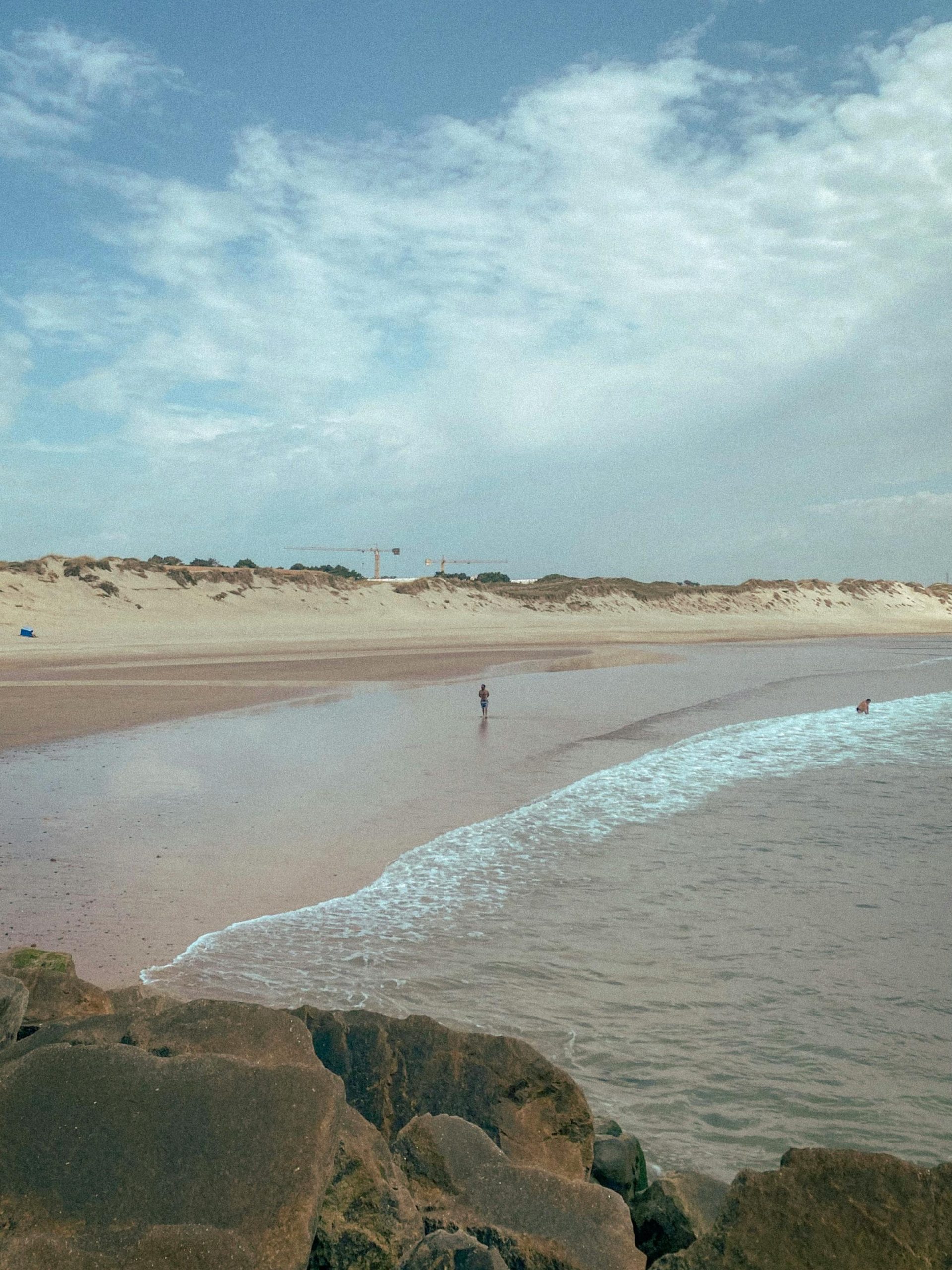Title: Seeking Insights on Course S285: Share Your Experiences!
Have you taken S285? I’m reaching out to gather some insights and reflections from those who have gone through the course. Your feedback would be invaluable for current and prospective students looking to understand what to expect.
If you have any thoughts, tips, or experiences related to S285, please share them in the comments. Your contributions can help others navigate their journey through this course. Thank you in advance for your input!

S285, also known as “Understanding the Environment,” is a popular module offered by the Open University, designed to help students develop a comprehensive understanding of environmental issues from a variety of perspectives. Here’s a look into the experiences of students who have taken S285, along with some practical advice and insights to guide prospective participants.
Course Structure and Content
One of the strengths of S285 is its interdisciplinary approach, covering topics ranging from ecological principles to the socio-economic factors influencing environmental policy. Students often highlight the balance between theoretical insights and practical applications, which fosters a deeper understanding of the complexities of environmental challenges. The course typically includes engaging materials such as videos, readings, and case studies, assisting students in grasping the multifaceted nature of environmental issues.
Practical Advice for Success
Engage with the Materials: Take the time to thoroughly engage with the course readings and multimedia content. Many students recommend creating summary notes for each module, which helps reinforce learning and aids in revision for assessments.
Participate in Forums: One of the most enriching aspects of studying S285 is the opportunity to engage with peers in discussion forums. This not only enhances your understanding of the subject but also allows you to see different perspectives on environmental issues. Don’t hesitate to ask questions or share your thoughts; peer feedback can be incredibly valuable.
Utilize Additional Resources: If you’re finding certain topics challenging, consider supplementing your study with external resources such as documentaries, podcasts, or relevant academic papers. Many successful students have found that broadening their scope of learning can provide a more rounded understanding.
Plan Your Time: The module can be intensive, especially if you are balancing it with other commitments. Creating a flexible yet structured study schedule can help you manage your time effectively. Breaking down tasks into smaller, more manageable chunks can reduce overwhelm and improve retention.
Collaborate for Assessments: For group assignments or collaborative projects, communicate openly with your team members. Establish clear roles and maintain regular check-ins to ensure everyone is on the same page. This can reduce stress and improve the quality of your submissions.
Feedback from Former Students
Many students have shared positive feedback regarding the support they received throughout the course. Tutors are generally responsive and helpful, providing clear guidance on assignments and additional resources for those who seek them. Some alumni express that the skills they gained from S285, such as critical thinking and analytical skills, have been invaluable in their subsequent careers or academic pursuits in environmental science, policy-making, or sustainable development.
Challenges: Like any course, students also report that certain sections can be dense and require more time to comprehend. The key is consistency and seeking help when needed—be it from fellow students, tutors, or online forums.
Conclusion
Overall, S285 offers a fulfilling educational experience that equips students with the knowledge and skills to navigate and address environmental challenges. By staying engaged, leveraging resources, and collaborating effectively, students can maximize their learning experience. Whether you are considering taking S285 or are currently enrolled, remember to remain proactive and be open to the wealth of perspectives that this course provides. Good luck on your journey into the fascinating field of environmental studies!